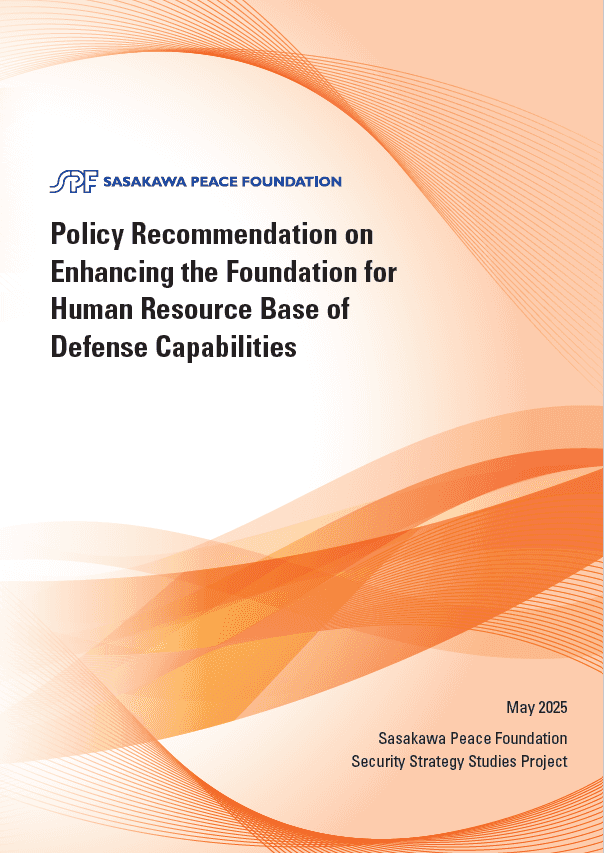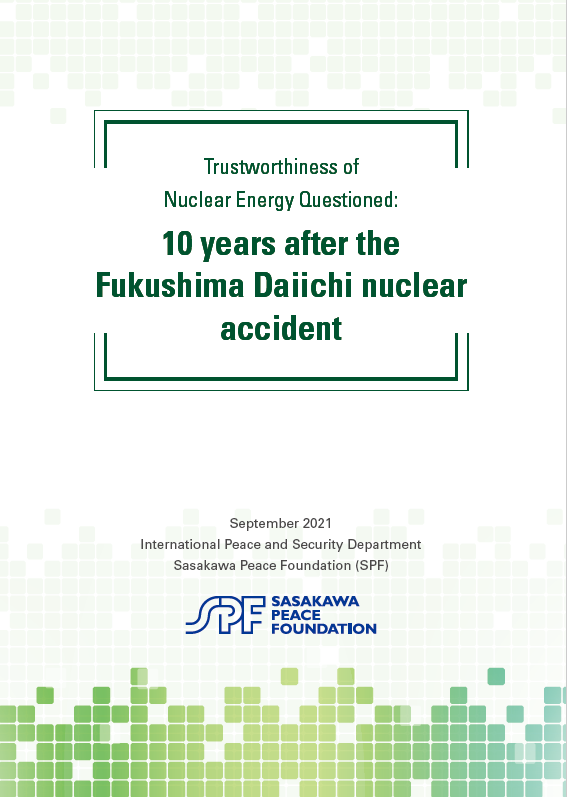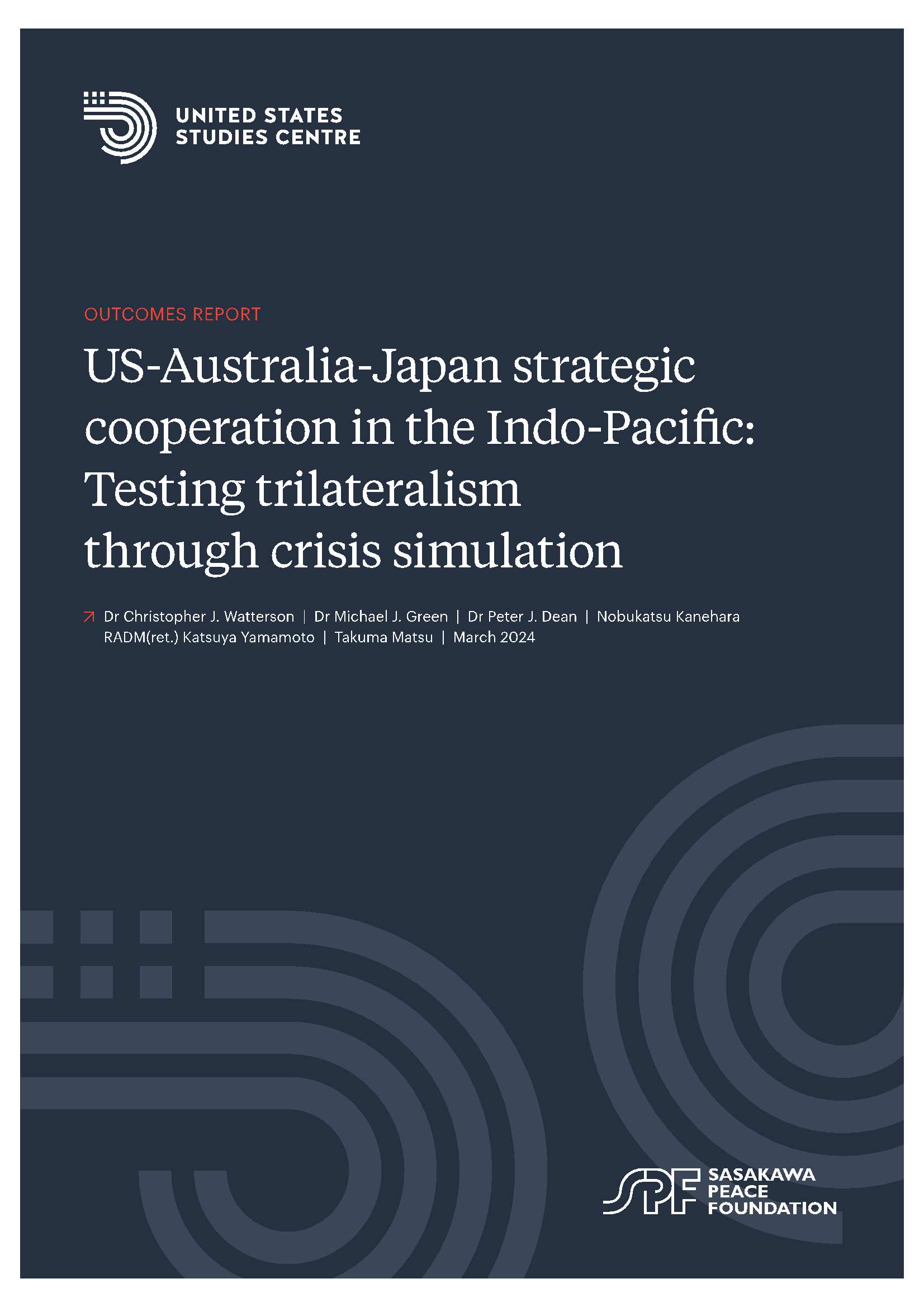
SPF Policy Proposal: Policy Recommendation on Enhancing the Foundation for Human Resource Base of Defense Capabilities
As part of the Sasakawa Peace Foundation's project "Security Strategy Studies" (2024-), which aims to provide insights and proposals on Japan’s security strategy by utilizing a third-party perspective, we are pleased to issue our policy proposal “Policy Recommendation on Enhancing the Foundation for Human Resource Base of Defense Capabilities.” This proposal focuses on strengthening the human resource base of Japan’s defense capabilities. To contribute to enhancing the capabilities of Self-Defense Forces (SDF) personnel, the project brings together experts—including policymakers and practitioners—to explore bold and innovative ideas beyond existing frameworks.

